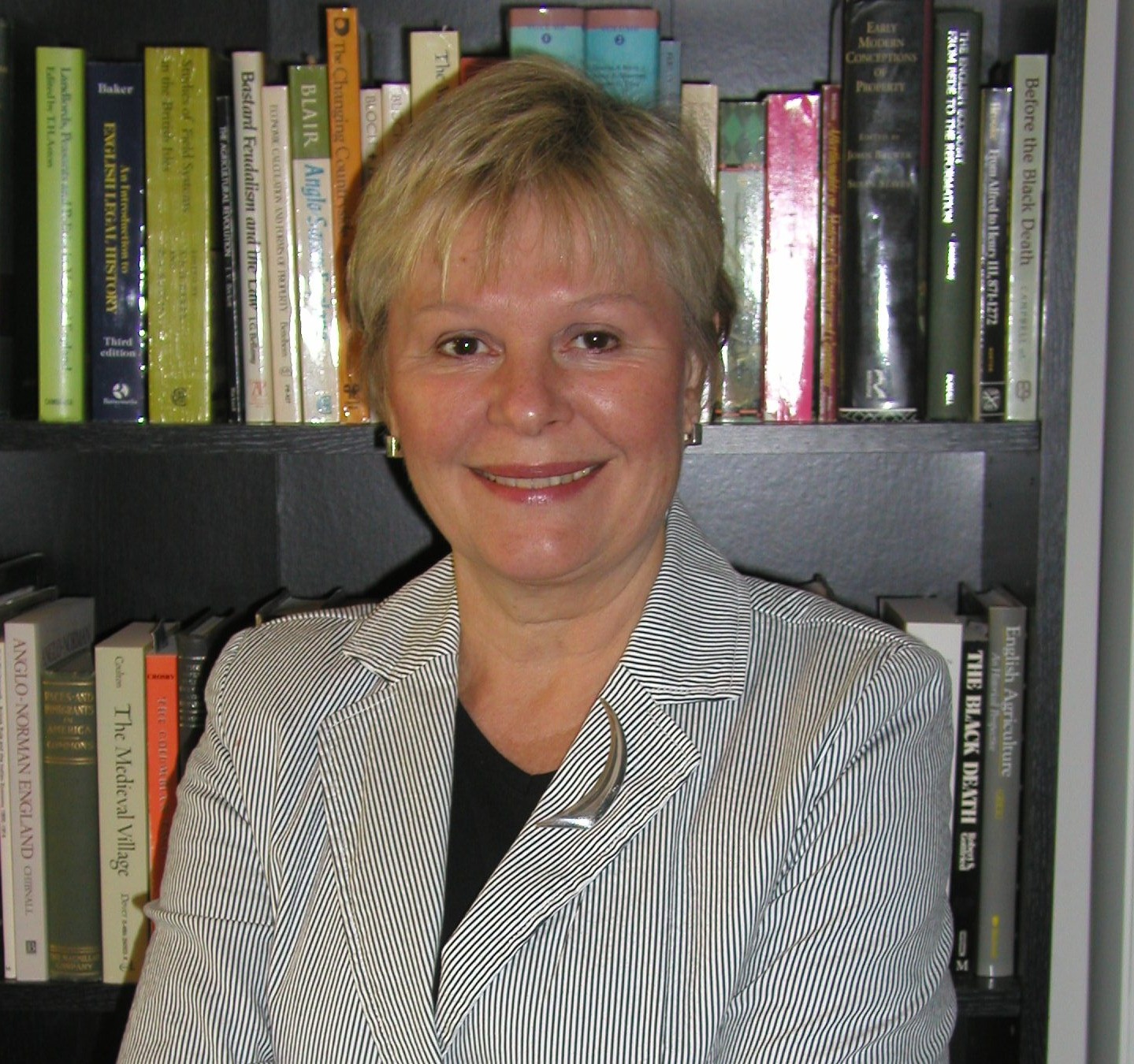As you go to the polls in Dane County this November, you’ll see an advisory referendum question on the ballot about commercial and manufacturing properties and taxes, or, what’s commonly called the “dark store loophole”
On your ballot, the referendum question will appear like this:
Dane County Referendum – Question I
Should the state legislature protect residential property taxpayers by preventing commercial and manufacturing property owners from using tax loopholes to shift the tax burden to homeowners? Yes or No
Learn more about the “dark store loophole” and the upcoming referendum question.
In our role as key philanthropic and resource partner for the Madison Metropolitan School District, the Foundation advocates for a vote of YES on this referendum question.
Why vote YES?

- With this loophole open, municipalities, homeowners and schools all stand to lose. Communities expend time and resources on corporate property tax assessment court hearings, regardless of outcome. When corporations win an appeal of property tax assessment, the municipality receives less property tax revenue. This deficit is then potentially made up by homeowners. Or, if homeowners are not taxed at higher rates, community assets, including public schools may ultimately receive less funding.
- The dark store loophole creates an unjust property tax shift, increasing taxes for homeowners and main street businesses.
- A YES vote on this question will not raise property taxes. However, it will ensure one property taxpayer does not benefit over another. Closing the loophole will help ensure all property owners are doing their fair share to support the services and amenities provided by a municipality, including public schools.
How is this linked to funding and support for our public schools?
Funding for public schools comes from a combination of revenues including state and federal education aids. In Wisconsin, state aid represents approximately 45% of school funding, while federal support represents approximately 7% of school funding.
State aid falls into one of two classifications: General or Categorical. Categorical aids fund specific program costs and are paid on a formula basis or awarded as grants. General aids, on the other hand, are provided through a formula that distributes funding based on the relative fiscal capacity of a school district as measured by the district’s per pupil value of taxable property.
 So, as the “dark store” loophole may reduce the value of taxable property in a district, so it stands to similarly reduce potential support of public schools through state general aids. That difference in value will either shift tax burden to homeowners, or it may result in schools simply receiving less in state funding.
So, as the “dark store” loophole may reduce the value of taxable property in a district, so it stands to similarly reduce potential support of public schools through state general aids. That difference in value will either shift tax burden to homeowners, or it may result in schools simply receiving less in state funding.
What do others say?
The League of Wisconsin Municipalities, WI Counties Association and WI Towns Association all support closing the loophole. Both Republican and Democratic legislators from throughout the state support this change – support closing the loophole – because they know how this loophole affects their communities.
Questions about this referendum question or how you can help advocate for Madison’s public schools? Visit our Advocacy Page or contact us!

